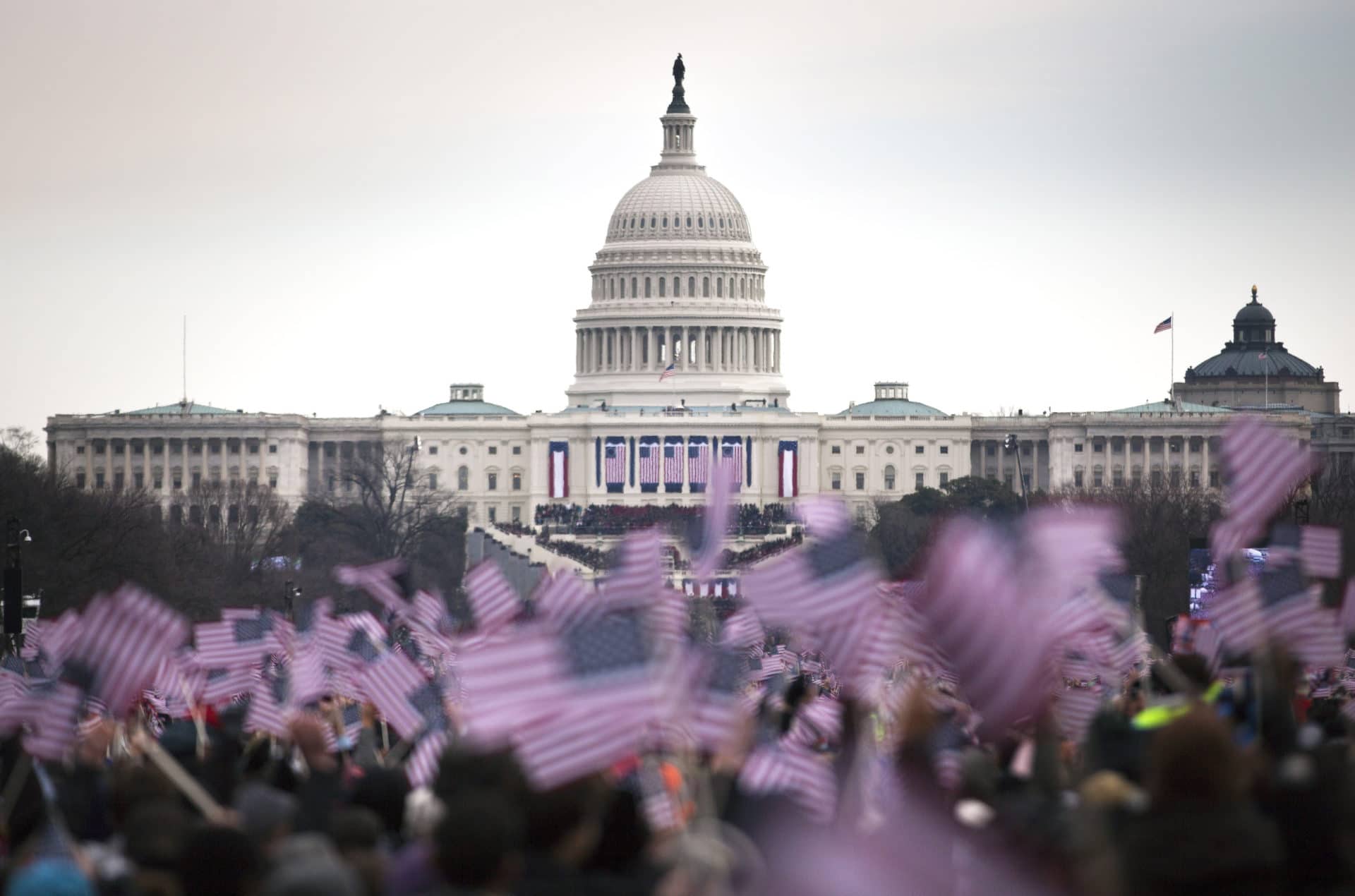Quotes about Government
by CAPP-USA

Here are quotes about government from the Church.
Understanding Government Through Catholic Social Teaching
The Catholic Church has a nuanced view of government grounded in her social teaching and theological principles. In essence, the Catholic Church sees government as essential for promoting the common good, justice, and peace.
Just as John Locke (1632–1704) argued peoples’ rights, such as life, liberty, and property, have a foundation independent of the laws of any particular society. The Church insists that government authority must respect:
Moral Principles
- To “give democracy an authentic and solid foundation” rights must be recognized, including “the right to life…the right to live in a united family and in a moral environment…the right to develop one’s intelligence and freedom in seeking and knowing the truth; the right to share in the work which makes wise use of the earth’s material resources… and the right freely to establish a family… In a certain sense, the source and synthesis of these rights is religious freedom”. (Pope St. John Paul II, 47)
Human Dignity
- “Democracy succeeds only to the extent that it is based on truth and a correct understanding of the human person.” (Pope Benedict XVI)
- The State “should never fail in its fundamental task of respecting and fostering the family”. (Pope St. John Paul II, 45)
The Principle of Subsidiarity
- Subsidiarity “insists on necessary limits to the State’s intervention…inasmuch as the individual, the family and society are prior to the state and inasmuch as the State exists in order to protect their rights and not stifle them”. (Pope St. John Paul II, 11)
- “The State which would provide everything (a welfare state), absorbing everything into itself, would ultimately become a mere bureaucracy incapable of guaranteeing the very thing which the suffering person, every person needs: namely, loving personal concern.” (Pope Benedict XVI, 28)
Also, like John Locke, the Church defends the principle of majority rule and the separation of legislative and executive powers.
- “[I]t is preferable that each power be balanced by other powers and by other spheres of responsibility which keep it within proper bounds. This is the principle of the ‘rule of law’, in which the law is sovereign, and not the arbitrary will of individuals.” (Pope St. John Paul II, 44)
- ‘Democracy’ is “the most valid historical instrument” for advancing human rights and development, and has proven to be an effective means of “guaranteeing the future in a way worthy of man”. (Pope Benedict XVI)
- “[I]n our day when the activity of the state is so vast and decisive, the democratic form of government appears to many as a postulate of nature imposed by reason itself.” (Pope Pius XII, Section I)
The Church also insists on citizen involvement.
- “We, Christians, cannot ‘play Pilate’ and wash our hands…We must participate in politics because politics is one of the highest forms of charity because it seeks the common good. And Christian lay people must work in politics.” (Pope Francis)
- “Why has [politics] become tainted? Because Christians have not participated in politics with an evangelical spirit? …To work for the common good is a Christian duty”. (Pope Francis)
However, the Catholic Church is not a political institution.
- “The church does not have technical solutions to offer and does not claim ‘to interfere in any way in the politics of states’ (Populorum Progressio, 13).” (Pope Benedict XVI, 9)
- Rather, the Church “seeks to help form consciences in political life”. (Pope Benedict XVI, 28)





